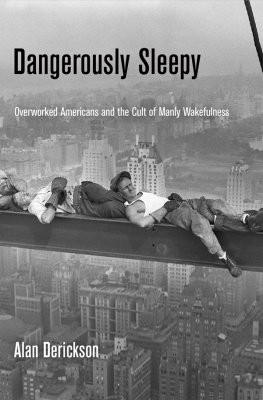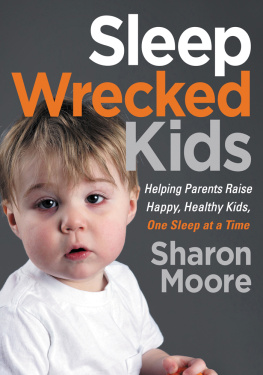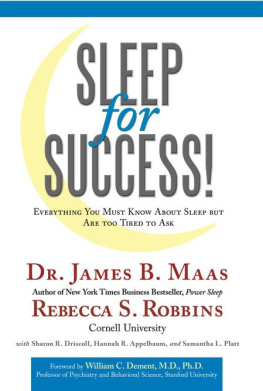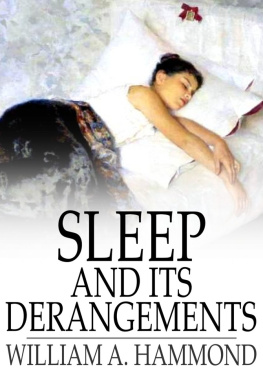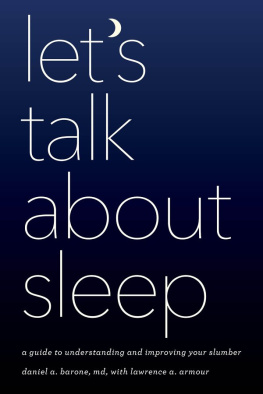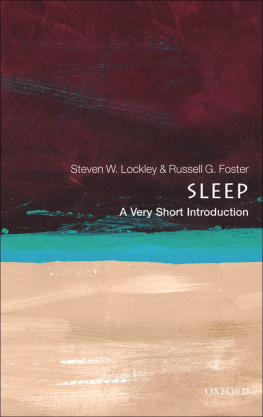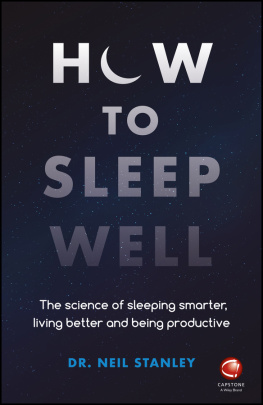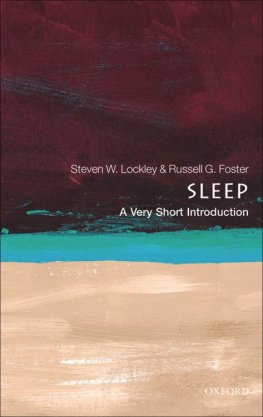Acknowledgments

Conventionally, authors acknowledge the members of their immediate family last in the roll call of contributors. But my wife and daughters have waited long enough. I thank my daughters, Katherine and Elizabeth, for their unfailing support of this project, even when the end was nowhere in sight. My wife, Peg, provided my first insights into severe sleep deprivation when we got married during the year (1977) of her medical internship, a grueling rite of professional passage designed to forge indefatigable ironmen. This book is dedicated to her as a small token of appreciation for all her tireless loving encouragement and editorial acumen.
I am very grateful to a host of archivists and other research facilitators. I benefited greatly from the exertions of staff members at the Historical Collections and Labor Archives, Penn State University Libraries; Archives II, National Archives; the National Archives at Chicago; the Manuscript Division, Library of Congress; the Bancroft Library, University of California, Berkeley; the Archives and Special Collections, Frost Library, Amherst College; the Archives Division, Wisconsin Historical Society; the Ecumenical Library, Interchurch Center; the Archives Service Center, University of Pittsburgh; the Baskes Department of Special Collections, Newberry Library; the Kheel Center for Labor Management Documentation and Archives, Catherwood Library, Cornell University; the Special Collections Research Center, Regenstein Library, University of Chicago; the Pennsylvania State Archives; and the Special Collections and Archives, Wright State University Libraries.
A different version of first appeared as Asleep and Awake at the Same Time: Sleep Denial among Pullman Porters, in the fall 2008 issue of Labor: Studies in Working Class History of the America, the journal of the Labor and Working Class History Association. I thank the association and Duke University Press for permission to reprint most of that article here.
Penn State University has provided considerable support for this project over the years. I very much appreciate the diligent efforts of my research assistants, Kanika Suri and Suzanne Martin, and a travel grant from the Research Office of the College of the Liberal Arts. Ongoing collegial encouragement came from many nearby sources, including Bill Blair, Paul Clark, Dan Letwin, Jim Quigel, Adam Rome, and Nan Woodruff.
In the wider, overlapping circles of friends and colleagues, I have incurred many debts. I am much obliged to readers of part or all of the manuscriptEric Arnesen, David Brody, Sue Cobble, Leon Fink, Lonnie Golden, Sandy Jacoby, David McBride, Robert Proctor, Ron Numbers, Pam Susi, Richard Valelly, Jim Weeks, Michael Zuckerman, and the press's anonymous reviewers. For helpful comments on paper presentations, as well as various clues, warnings, and encouragement, I thank William Childs, William Dement, Peter Gottlieb, Bill Kojola, Karen Levy, Jill Lorenz, Elaine McCrate, Marge Murphy, David Roediger, Drew Whitelegg, and David Witwer. My wily editor, Peter Agree, offered an abundance of sage advice that I have valued highly. I am also much indebted to Kathleen Kageff and Noreen O'Connor-Abel for their careful copyediting.
Chapter 1

Sleep Is for Sissies: Elite Males as Paragons of Wakefulness
Sleep is an absurdity, a bad habit. We can't suddenly throw off the thraldom of the habit, but we shall throw it off.
Thomas Edison, 1914
Sleep is for sissies!
Shelley Ross, ca. 2005
Denigration of the critical need for rest has deep roots in American culture. For more than two centuries, a chorus of influential voices, virtually all male, has proclaimed sleep a vice and sleep deprivation a virtue. This attitude has remained both prevalent and relatively constant up to the very recent past. To be sure, some in elite circles have contested this dismissive stance and defended moderation. But on balance, potent promoters of sleep deprivation have done more to shape values and assumptions. The resulting habitus has governed thinking on sleeping time for the American workforce in the modern age.
Americans have long striven to emulate those who have won (or at least appear to be winning) the race of life. Even in the preindustrial era, important figures in the business community decried the amount of time squandered at rest. With the onset of industrialization, time discipline tightened, and allocating scarce time to dozing came under tougher criticism. As Max Weber observed, by the early twentieth century the business corporation had displaced the military as the preeminent institution instilling discipline in modern society. Accordingly, throughout the past century, corporate leaders occupied a highly privileged position in setting norms for rest, mainly through self-reports on their own behavior. Luminaries in other major realms of endeavor joined captains of industry in casting aspersions on those who lay unconscious when they could be up and doing. The pronouncements and practices of the successful received extensive and usually adoring attention from the mass media. A recurrent theme in this discourse of heroic wakefulness has been the unmanly weakness associated with indulging in a reasonable amount of sleep.
During the preindustrial and industrializing eras, moral opposition to any idleness informed a Protestant work ethic that celebrated perseverance at one's vocational calling and implicitly denigrated sleep as a form of idleness. As anthropologist Matthew Wolf-Meyer has observed, influential Puritan cleric Cotton Mather equate[d] sleep with the avoidance of divine service and a lack of consciousness of one's earthly obligations. Protestant values and the ready availability of opportunities for white men drove the strenuous pursuit of social and economic advancement in the eighteenth and nineteenth centuries. Many advanced, and some of the biggest winners and those who closely studied their habits were happy to share the secrets of success. In explaining the rags-to-riches formula, business leaders and their admirers repeatedly commended sleep deprivation as a significant asset in personal strategies of upward mobility. These narratives spoke of male experience to a male audience, capitalizing on opportunities to portray sleep as an effeminate indulgence.
Probably the most famous American of the eighteenth century, Benjamin Franklin, was a wealthy publisher and popular author before he became an inventor and Founding Father. His Poor Richard's Almanack was a huge best seller in annual editions from the 1730s through the 1750s, outselling the Bible and eventually appearing in over a hundred reprint editions in seven languages. The almanac's maxims constituted a compendium of instructions on the way to get ahead, predicated on the fundamental assumption that qualities of personal characterintegrity, diligence, thrift, industry, and the likewere the main determinants of upward mobility. Franklin's wide-ranging advice on self-discipline naturally extended to rest and wakefulness. The most famous piece of advice, of course, was this 1735 contribution: Early to bed and early to rise makes a man healthy, wealthy and wise. Reinforcement of the first part of that recommendation came seven years later: He that riseth late must trot all day, and shall scarce overtake his business at night. In his own life, Franklin from early young adulthood embraced not extreme sleeplessness but rather moderation. In the 1730s he followed a schedule that called for sleeping from ten P.M. to five A.M. as part of a comprehensive plan for every hour of the day. This plan and its rationale were set forth in an autobiography that went through fifty-five editions between 1794 and 1833 and reached a wide audience of young working-class men, among others. While residing in France in the 1780s, the whimsical old statesman amused himself and readers of the

